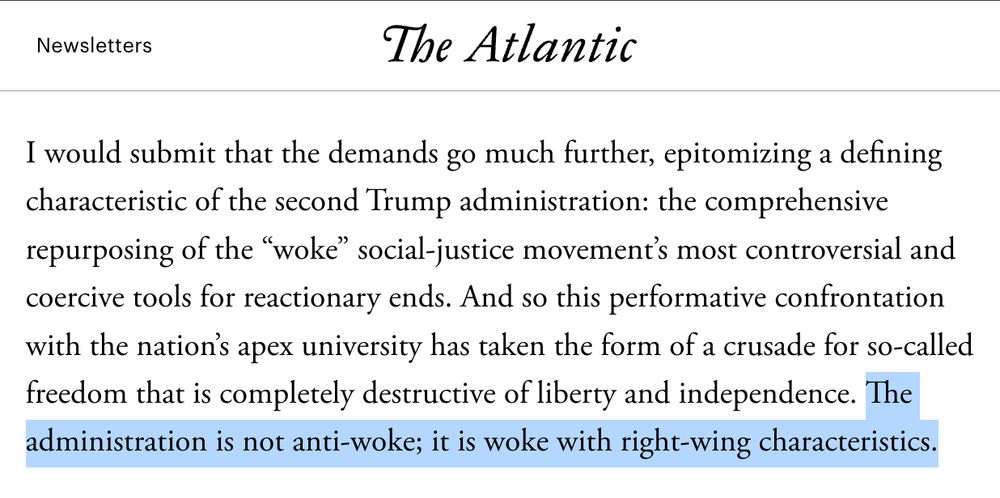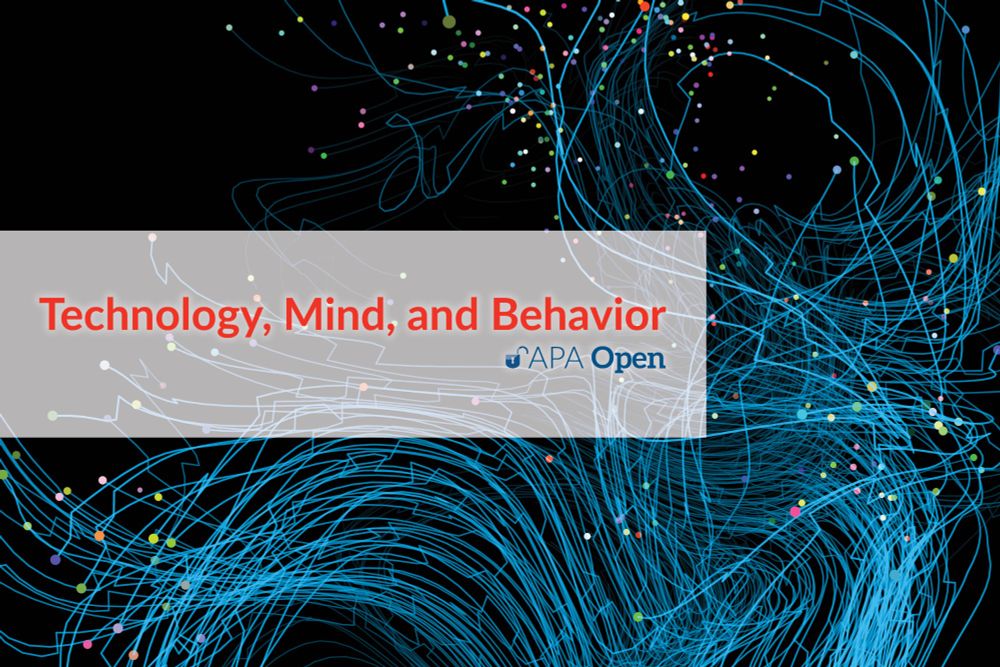Jesper Aagaard
@aagaard.bsky.social
230 followers
110 following
23 posts
technopsychologist | associate professor | aarhus university |
Posts
Media
Videos
Starter Packs
Reposted by Jesper Aagaard
Reposted by Jesper Aagaard
Reposted by Jesper Aagaard
Sam Halpert
@samhalpert.bsky.social
· Apr 15
Reposted by Jesper Aagaard
Reposted by Jesper Aagaard
Reposted by Jesper Aagaard
Jesper Aagaard
@aagaard.bsky.social
· May 22
Jesper Aagaard
@aagaard.bsky.social
· May 14
Jesper Aagaard
@aagaard.bsky.social
· May 6
Reposted by Jesper Aagaard
Reposted by Jesper Aagaard
Reposted by Jesper Aagaard
Reposted by Jesper Aagaard
Michael Hobbes
@michaelhobbes.bsky.social
· Mar 29
Reposted by Jesper Aagaard
Reposted by Jesper Aagaard
Reposted by Jesper Aagaard
Reposted by Jesper Aagaard
Michael Hobbes
@michaelhobbes.bsky.social
· Mar 18
Tom Nichols
@radiofreetom.bsky.social
· Mar 17
Jesper Aagaard
@aagaard.bsky.social
· Mar 17





















